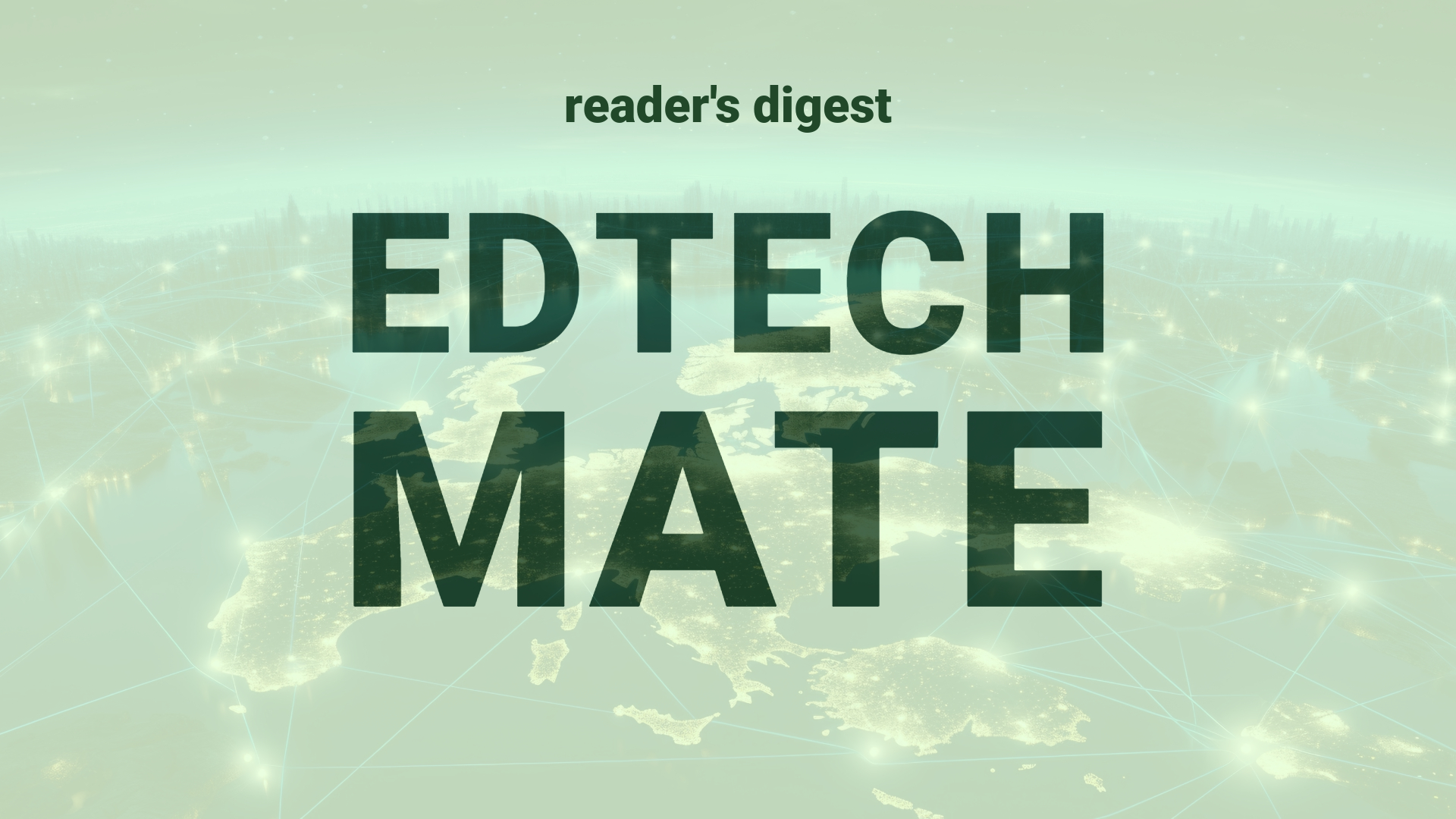Executive Summary and Main Points
The advancement of generative artificial intelligence (AI) introduces innovative solutions for the perennial data challenges in global health information exchange. With the capacity to fill data gaps, extract information from documents, and enhance data quality, generative AI provides a transformative approach to data management issues commonly faced by non-profit organizations like the Virtue Foundation. Partnerships with DataBricks and DataRobot enable the application of machine learning (ML) and multimodal generative AI to build analytical layers on top of extensive databases. The technique is pioneering yet accompanies a note of caution, as it may present limitations in speed, cost, and precision compared to traditional technologies.
Potential Impact in the Education Sector
Generative AI’s capabilities signal a pivotal shift for Further Education, Higher Education, and Micro-credentials. The technology can enrich pedagogical resources by producing able-to-broadband satellite data, facilitating cross-institutional research, and supporting strategic digitalization efforts. Furthermore, generative AI’s analytical power can uncover insights into student behaviors, performance metrics, and learning trends. However, these technologies are best applied alongside traditional educational frameworks to balance innovation with reliable educational structures.
Potential Applicability in the Education Sector
The applicability of AI in the education sector is profound. Leveraging generative AI, educators can create customized learning materials and datasets, enabling more personalized student experiences. Institutions might apply algorithms similar to those used by Virtue Foundation and ABBYY to curate and analyze educational content from varied sources, thereby assembling comprehensive knowledge bases. Moreover, AI could streamline administrative tasks, such as enrollment processes and academic record management, signifying a shift towards more efficient global education systems.
Criticism and Potential Shortfalls
While generative AI presents compelling benefits, there are potential shortfalls. Critics emphasize that a hasty application of generative AI without a solid foundational layer can lead to issues of accuracy, safety, and ethical concerns. Case studies from companies like ABBYY and the security platform Simbian show that overreliance on Large Language Models (LLMs) for critical tasks can be problematic due to inaccuracies and risks. Additionally, the ethical and cultural implications of AI-generated content in education necessitate thorough scrutiny to ensure that data sets represent diverse perspectives and do not perpetuate biases.
Actionable Recommendations
To harness the full potential of generative AI in global higher education, institutions should:
1. Collaborate with AI experts to co-develop custom AI tools tailored to specific educational data sets and use cases.
2. Invest in training for educators and administrative staff to blend traditional approaches with AI-enhanced practices effectively.
3. Focus on creating a strong data infrastructure and governance framework before implementing generative AI to ensure data integrity and reliability.
4. Consider the ethical implications by involving diverse stakeholders in the development and review of AI-generated materials.
5. Iterate generative AI applications based on user feedback and real-world performance to refine models and improve outcomes
Source article: https://www.cio.com/article/2147519/la-ia-puede-ser-la-respuesta-a-sus-problemas-de-datos-pero-no-a-todos-ellos.html

